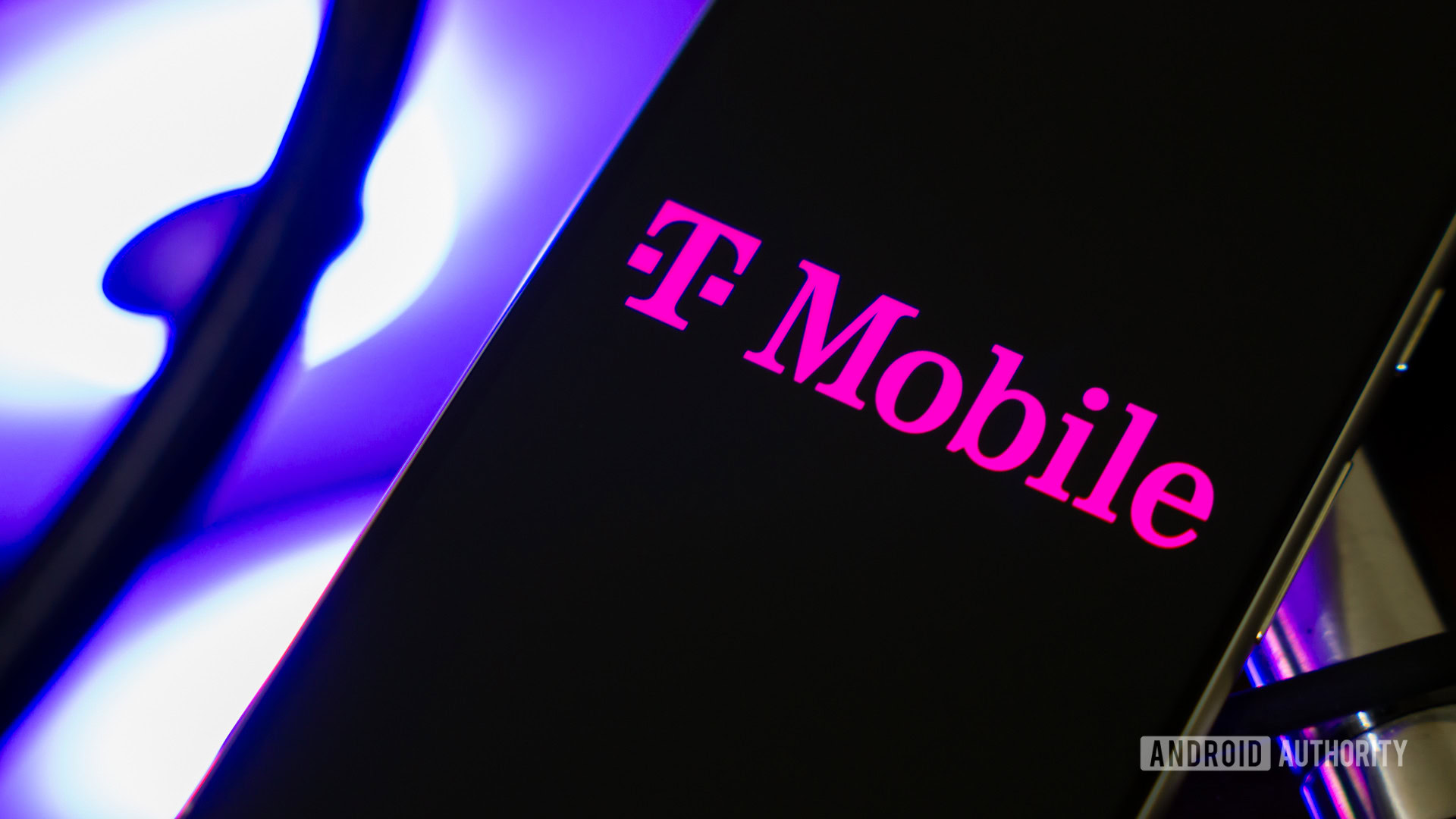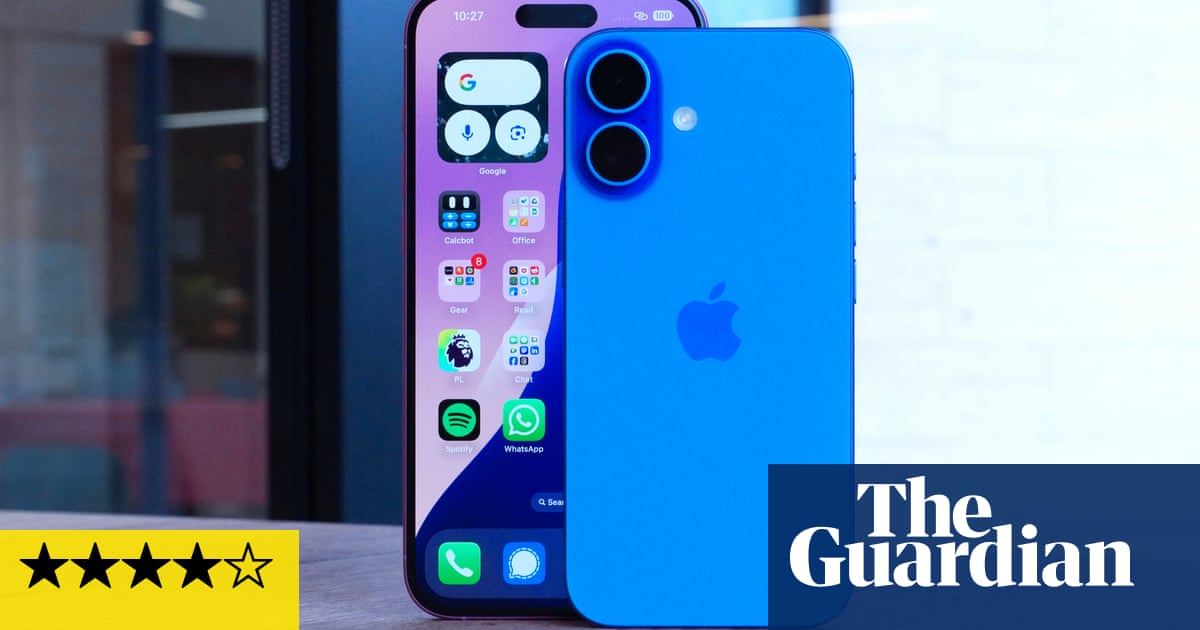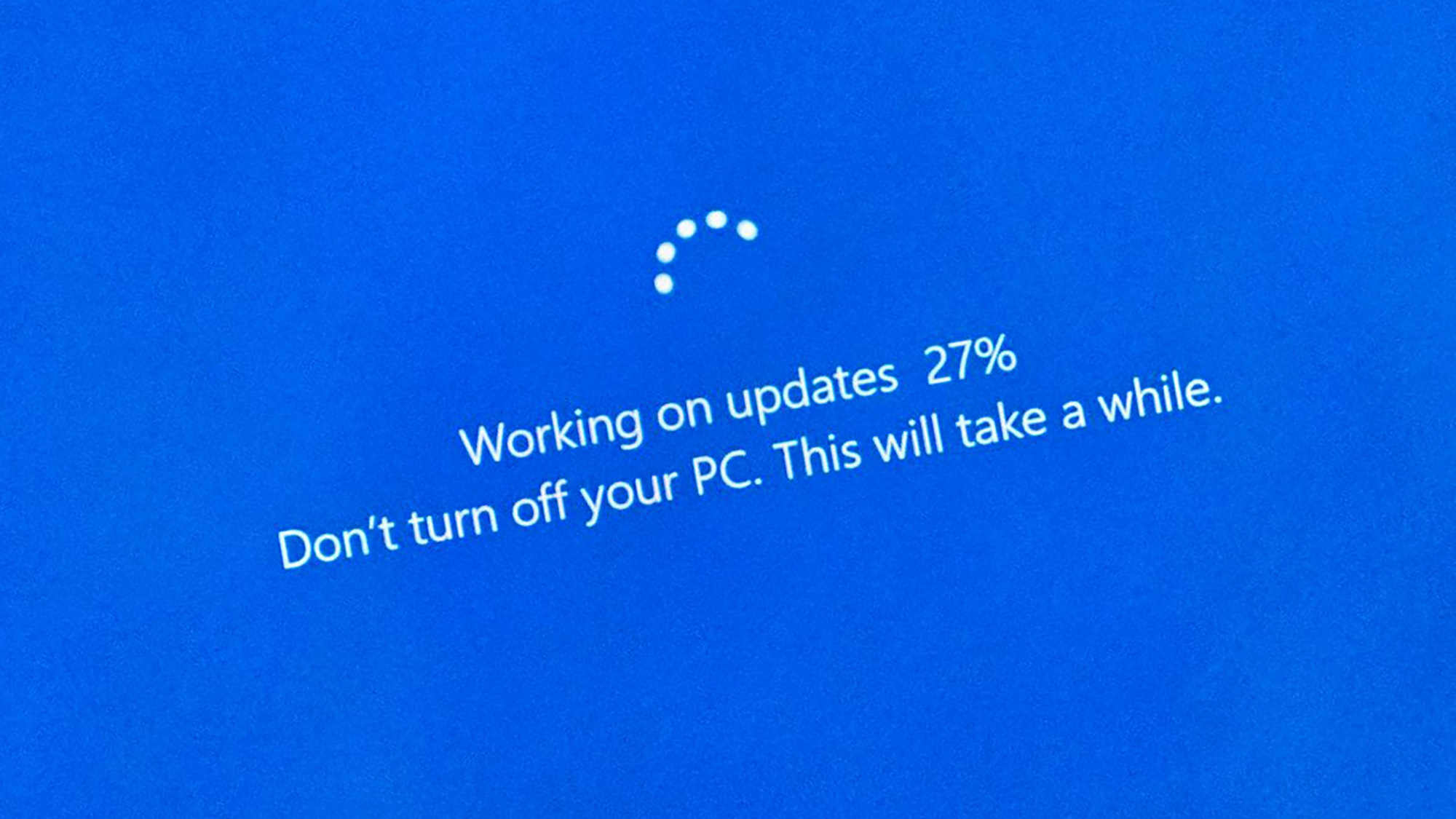In October, Meta unveiled Movie Gen, its latest generative AI model that can create realistic video clips from simple user prompts. Movie Gen is Meta’s third major venture into generative AI, following its Make-A-Scene and Llama AI image models. With this new tool, users can describe the scene they want to create and generate videos of up to 16 seconds and audio clips of up to 45 seconds long.
Meta founder and CEO Mark Zuckerberg showcased the model’s capabilities with an intriguing video of himself leg-pressing chicken nuggets, and working out in a neon-lit gym. “Every day is leg day with Meta’s new MovieGen AI model that can create and edit videos. Coming to Instagram next year,” said Zuckerberg, in an Instagram post.
The company has been investing millions into creating an AI-powered ecosystem. Speaking on the Joe Rogan Experience podcast, Mark Zuckerberg recently revealed that Meta plans to replace mid-level software engineers with AI by 2025, marking a significant shift in the company’s approach to software development. He also announced that Meta will transition from its third-party fact-checking system to a community notes model, inspired by the approach used on Elon Musk’s X platform.
However, not every AI initiative by Meta has been well received by the public. The company recently removed AI-generated character accounts from Facebook and Instagram following significant backlash. Critics described the accounts as “creepy” and “unnecessary,” with many users disturbed by their lifelike nature and potential to spread misinformation or facilitate harmful interactions. Meta, however, attributed the removal to a technical issue that made it difficult for users to block the accounts. The company clarified that these AI characters were part of an experimental phase to test the integration of AI-generated profiles on its platforms. (Meta declined to comment for this story.)
Meta describes Movie Gen as a collection of artificial intelligence models, the largest of which is the 30B parameter text-to-video model. The model can generate lifelike videos and videos with synchronized audio, offering a complete multimedia experience. The development comes at a time when the demand for AI-generated dynamic image and video content is skyrocketing. But Meta isn’t the only player in the video generative AI space. OpenAI’s Sora and Google’s Veo, currently in development, promise their unique features and applications for video creation.
For instance, OpenAI’s Sora can generate videos up to a minute long, a significant leap from Movie Gen’s 16-second limit. Likewise, Google’s Veo video offers nuanced creative control. The AI can create high-resolution videos with cinematic effects, like time lapses or aerial shots of a landscape. While Sora isn’t available to the public yet, Google’s Veo has already been introduced to select creators.
Democratizing Human Creativity or Diluting Art?
In a research paper published on the company’s site, Meta asserts that Movie Gen outperforms rivals including OpenAI’s Sora, Runway Gen 3, and Chinese AI-video model Kling in terms of overall video quality, video consistency, motion naturalness, and realness.
“Movie Gen outperforms similar models in the industry across tasks (image, audio, video, and 3D animation) when evaluated by humans,” Meta said in a blog post. “Positive net win rates correspond to humans preferring the results of our model against competing industry models.”








